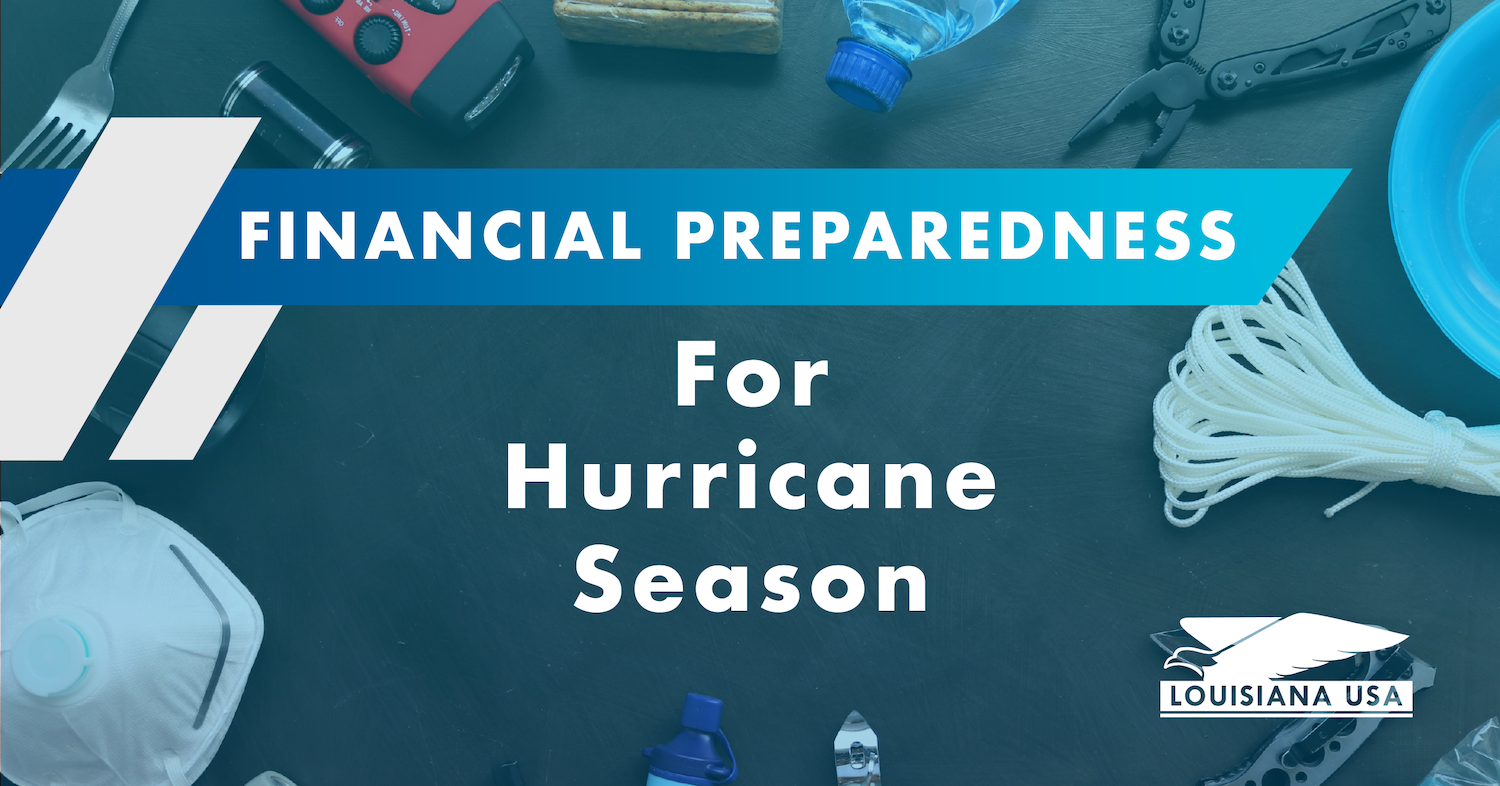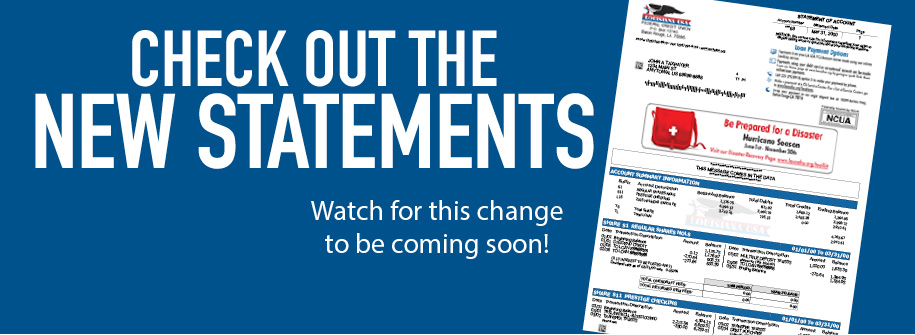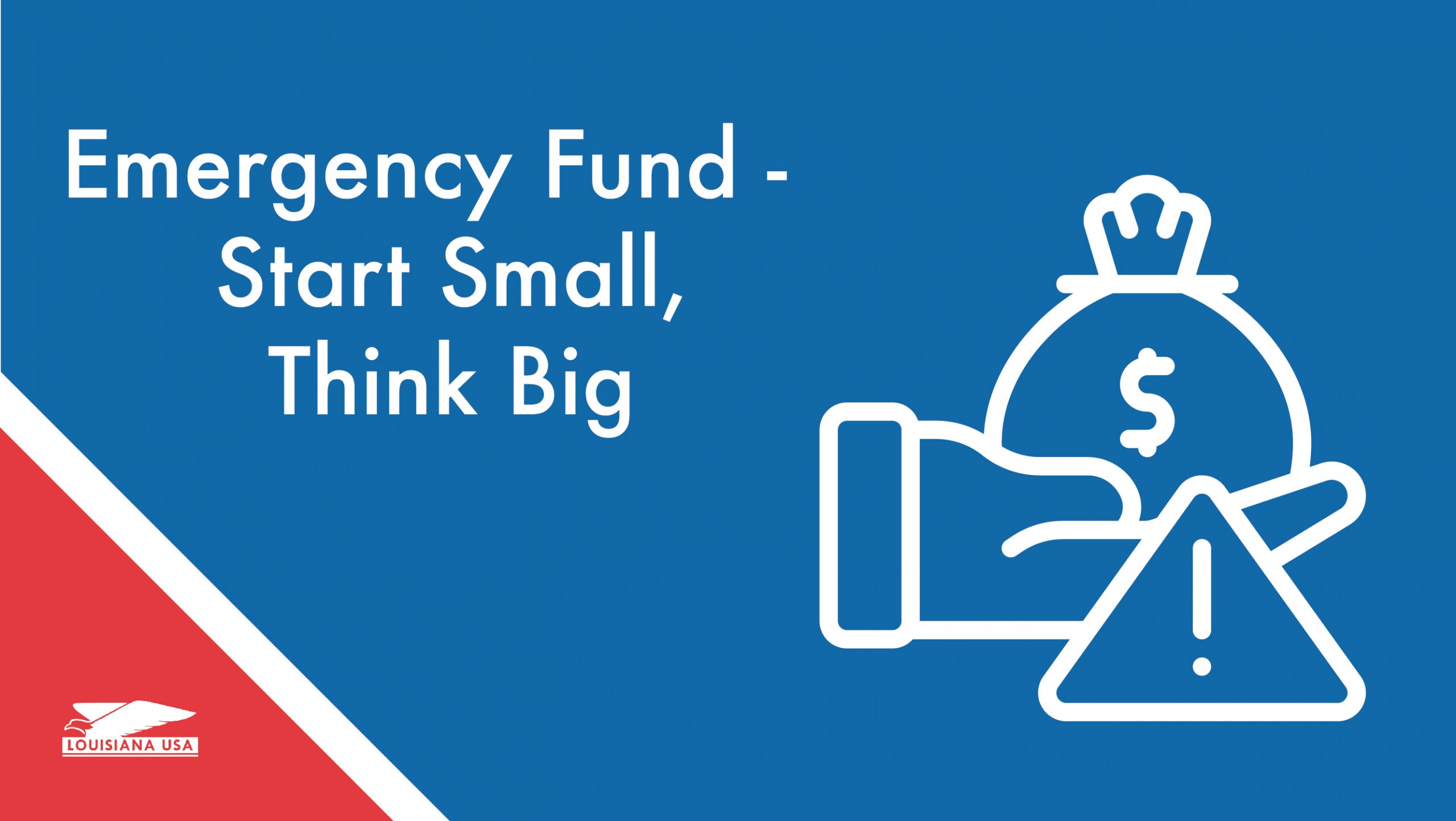
Financial Preparedness for Hurricane Season
As residents of Louisiana, we are all too familiar with the threats posed by hurricanes. While we often focus on securing our homes and gathering supplies, financial preparedness is equally crucial. Being financially prepared can significantly minimize the impact of a hurricane on your life, ensuring that you and your family can recover and rebuild more swiftly. Here’s a comprehensive guide on how to financially prepare before a hurricane hits.
Review Your Insurance Coverage
One of the first steps in financial preparedness is to review your insurance coverage. Ensuring that you have comprehensive insurance policies in place is critical. Begin by checking your homeowner’s or renter’s insurance to determine what it covers and what it does not. Specifically, look for coverage related to wind damage, flooding and personal property.
If your current policy does not cover flooding, consider purchasing separate flood insurance. Flooding is a common consequence of hurricanes, and without proper insurance, you could face significant out-of-pocket expenses. Also, review your policy limits and deductibles to make sure they align with your financial situation.
Keep Cash on Hand
During and after a hurricane, power outages can make it difficult to access ATMs or use credit and debit cards. Having cash on hand is essential for purchasing necessary supplies, food and fuel. Aim to have at least a week’s worth of cash available for immediate needs.
When you store cash, make sure to keep it in a secure and accessible place. A waterproof and fireproof safe is ideal for protecting your cash from potential damage. Remember, small bills are often more useful than large ones during emergencies when making change can be a problem.
Gradually Purchase Supplies for Your Home
Stocking up on supplies is crucial, but buying everything at once can strain your budget. Instead, gradually purchase the necessary supplies over time. This approach not only eases the financial burden but also ensures you have a well-stocked emergency kit when needed.
Essential supplies to consider include:
- Non-perishable food items
- Bottled water
- Flashlights and batteries
- First aid kit
- Medications
- Personal hygiene items
- Pet supplies
- Tools and materials for securing your home
By spreading out these purchases, you can avoid the last-minute rush and ensure you are well-prepared without overspending.
Gather Important Financial and Personal Records
Having all your important financial and personal records in one place is vital during an emergency. These documents can include insurance policies, identification (such as passports and driver’s licenses), property deeds, financial account information, medical records and any other critical paperwork.
Organize these documents in a secure, waterproof and fireproof container. This will protect them from damage and ensure they are easily accessible in the event you need to evacuate quickly. Keeping copies of these documents with a trusted friend or family member in a different location can also provide an additional layer of security.
Establish an Emergency Savings Account
An emergency savings account is a financial safety net that can be incredibly beneficial during natural disasters. You should keep this account separate from your regular savings or checking account and only use it for emergencies.
Start by setting a savings goal based on your household’s needs. Even small, regular contributions can add up over time. Automate your savings by setting up regular transfers from your checking account to your emergency savings account.
Document Your Finances and Assets
Before a hurricane hits, take the time to document your finances and assets. This includes creating an inventory of your possessions, noting their value and photographing or videoing each item. This documentation can be invaluable when filing insurance claims after the storm.
Keep detailed records of your financial accounts, including bank accounts, investment accounts and any debts or loans. Having this information readily available can help you quickly assess your financial situation and make necessary arrangements during and after the hurricane.
Make Digital Copies of Important Documents
In addition to keeping physical copies of your important documents, making digital copies can provide an extra layer of protection. Scan or photograph all essential documents and save them to a secure cloud storage service or an encrypted USB drive.
You can easily access digital copies from any location with an internet connection, ensuring you have access to your critical information even if you lose or damage the physical copies. Make sure your digital storage method is secure and that only trusted individuals have access to these files.
Utilize Mobile and Online Banking Options
Mobile and online banking can be incredibly useful during a hurricane. These services allow you to manage your accounts, transfer funds, pay bills and deposit checks remotely, even if you are unable to visit a bank branch.
Ensure you are familiar with your financial institution’s mobile and online banking options. Download any necessary apps and set up online access well before a hurricane hits. Keep your login information secure and consider enabling two-factor authentication for added security.
Handle Urgent Financial Matters Before the Storm Hits
Before a hurricane arrives, take care of any urgent financial matters. This includes paying bills, transferring funds and setting up automatic payments for recurring expenses. You can prevent additional stress and complications during and after the storm by ensuring that you meet your financial obligations.
Create a checklist of financial tasks that you need to complete before the hurricane season begins. Prioritize these tasks and set deadlines to ensure you handle them promptly. This proactive approach can help you focus on the immediate needs of your family and home when a hurricane is imminent.
Financial preparedness is a crucial aspect of hurricane readiness. By taking these steps to review your insurance coverage, you can ensure that you are financially ready for any storm. Start preparing now to ensure the safety and financial stability of your family during hurricane season.
Feel free to reach out to us at Louisiana USA Federal Credit Union with any questions you might have!





